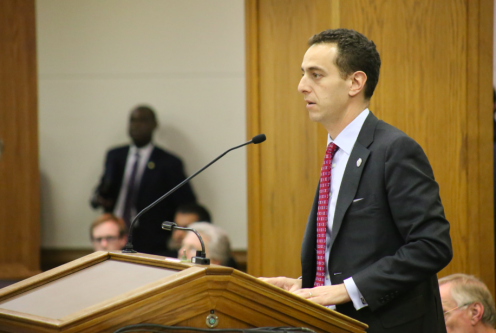Virginia is only one of three states that completely denies ex-felons the right to vote, but that might change if one NOVA Delegate gets his way. Virginia is only one of three states that completely denies ex-felons the right to vote, but that might change if one NOVA...





